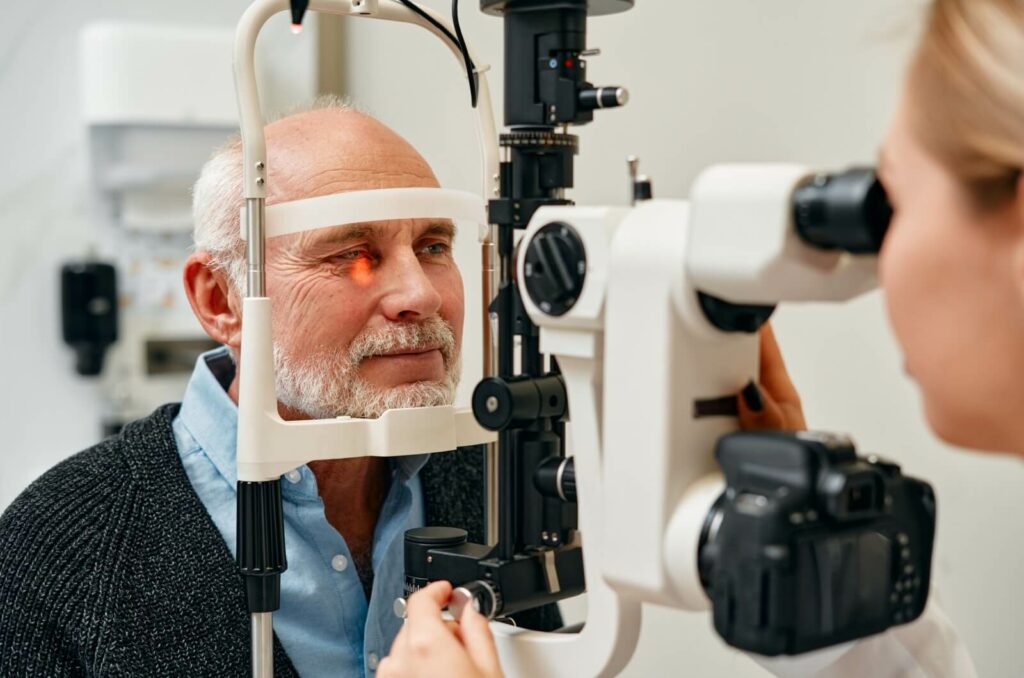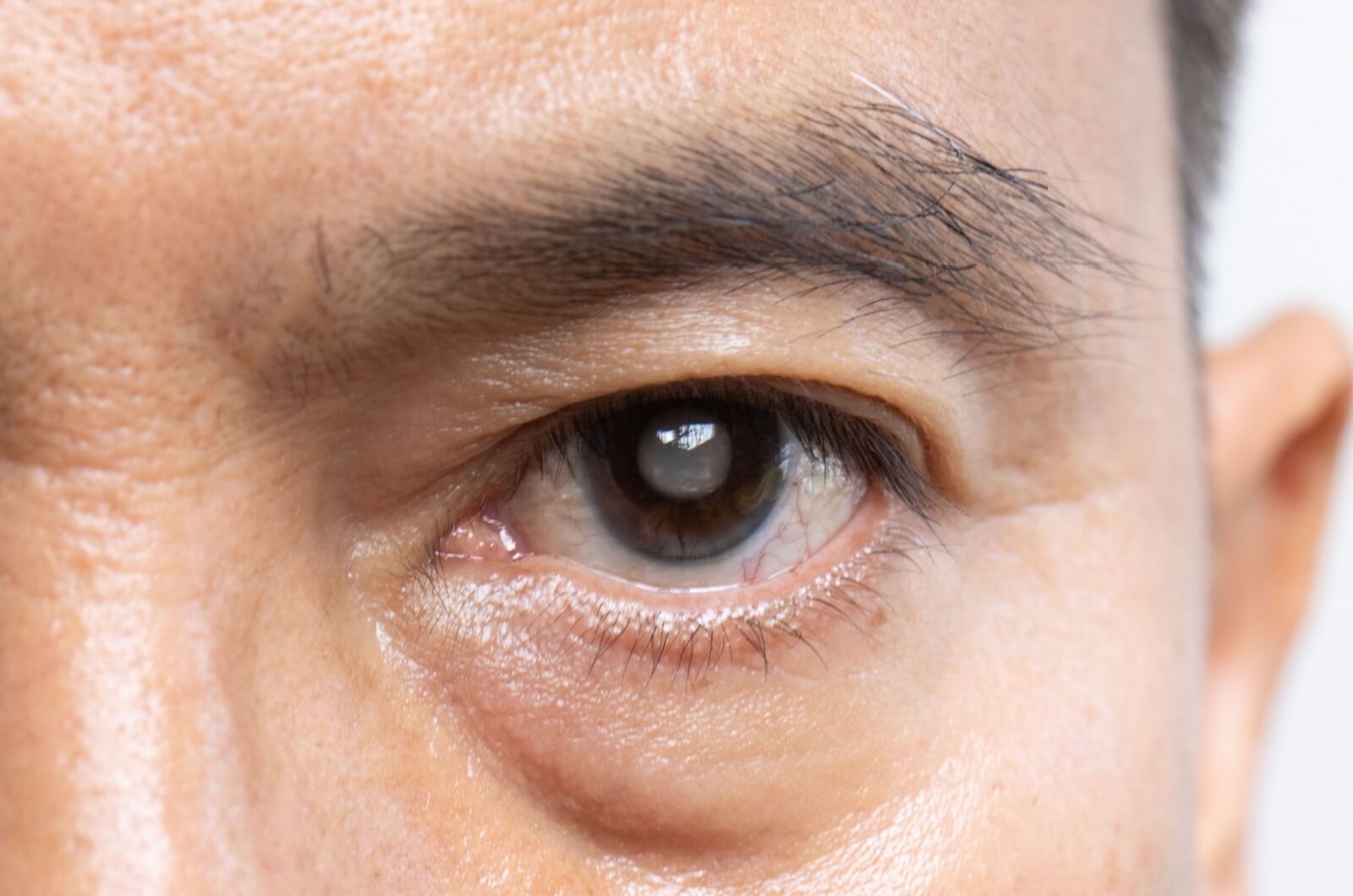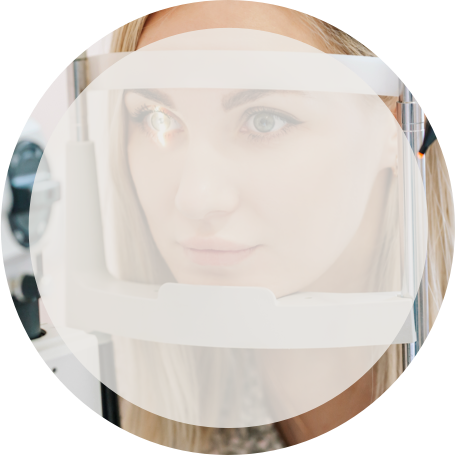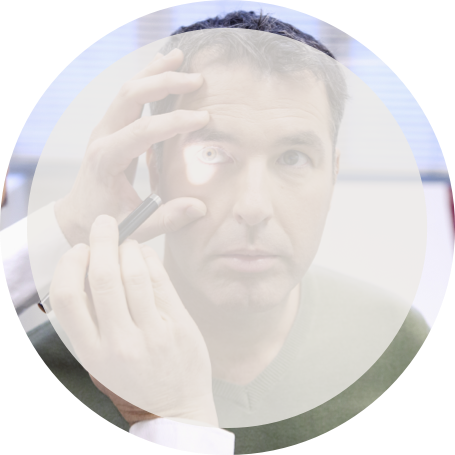Cataracts are one of the most common eye conditions, affecting millions of people worldwide, particularly as they age. Characterized by a clouding of the lens, cataracts can significantly impair vision, making daily activities challenging.
Fortunately, cataract surgery has become a routine procedure with high success rates. But one question often arises: Can cataracts come back after surgery? The answer is no—cataracts cannot come back once they are surgically removed. However, a condition called posterior capsule opacification (PCO) can occur, which may cause similar symptoms, but also is treatable.
Keep your vision sharp and healthy with Family Vision Care! Our skilled optometrists are here to provide you with thorough eye exams, essential for maintaining eye health and catching issues like cataracts early. If cataract surgery is what you need, you’re in excellent hands. We can monitor for cataracts and posterior capsule opacification (PCO) and, when needed, refer patients to a cataract surgeon for specialized treatment.
Understanding Cataract Surgery
To understand whether cataracts can return, it’s essential to get a sense of what, exactly, cataract surgery entails. Cataract surgery is a common and effective procedure designed to restore clear vision. Here’s a detailed look at the process:
Pre-Surgery Preparation
Before the surgery, your ophthalmologist will conduct a thorough eye exam to assess the severity of the cataract and your overall eye health. You’ll discuss the type of intraocular lens (IOL) that will be best for your vision needs. You’ll also receive instructions on how to prepare for the surgery, such as avoiding certain medications and arranging transportation for the day of the procedure.
The Surgical Procedure
During the procedure, the surgeon will make a small incision in the eye, after which they will carefully fragment and remove the cloudy lens. Next, the surgeon will implant a clear, artificial intraocular lens (IOL) in place of the natural lens. This new lens restores clear vision and eliminates the cloudiness caused by cataracts. The incision is usually self-sealing, which means stitches are rarely needed.
Post-Surgery Care
After the surgery, you’ll be taken to a recovery area where your eye will be monitored for a short period. Most patients experience significant improvement in vision within a few days. You’ll be prescribed eye drops to prevent infection and reduce inflammation. It’s important to follow your eye doctor’s advice on post-surgery care, including avoiding strenuous activities and protecting your eye from contaminants.
The Myth of Returning Cataracts
Once the natural, cloudy lens is removed, it cannot regenerate or come back. However, some patients report experiencing cloudy vision months or even years after their initial surgery. This phenomenon is not a recurrence of cataracts, but is a separate condition known as posterior capsule opacification (PCO).
What is Posterior Capsule Opacification?
PCO, sometimes referred to as a “secondary cataract,” occurs when the posterior part of the lens capsule, which holds the IOL in place, becomes cloudy. This cloudiness can mimic the symptoms of a cataract, leading some to believe their cataract has returned. But unlike a cataract, PCO is straightforwardly treatable.
Causes of PCO
The exact cause of PCO is not entirely understood, but it is believed to result from the migration and proliferation of residual lens epithelial cells left behind during the initial surgery. These cells can grow on the back of the lens capsule, causing it to become cloudy.
Treatment for Posterior Capsule Opacification
The treatment for PCO is both quick and effective. A simple, non-invasive laser procedure known as YAG laser capsulotomy can restore vision affected by PCO. During this procedure, an ophthalmologist uses a laser to create a small opening in the cloudy capsule, allowing light to pass through clearly once again. The procedure is typically done in an office setting and takes only a few minutes.

Importance of Regular Eye Exams
Even though cataracts cannot come back, it’s important to maintain regular eye exams to monitor the health of your eyes. Regular check-ups can help detect PCO early, along with other potential eye issues.
At Family Vision Care, we offer eye exams tailored to your unique needs. Our experienced optometrists are dedicated to providing advanced eye care in the Pittsburgh area, including Baden, Cranberry, and Wexford.
Additional Eye Health Considerations
While cataracts and PCO are significant concerns, other eye conditions may also affect your vision. Conditions such as age-related macular degeneration (AMD), diabetic retinopathy, and glaucoma can develop with age and require ongoing management. Regular eye exams can help detect these conditions early, ensuring timely and effective treatment.
Take Action Today to Protect Your Vision and Understand the Truth About Cataracts
Cataracts cannot come back once they are surgically removed, but conditions like PCO can cause similar symptoms. Understanding this distinction and seeking timely treatment can ensure your vision remains clear. Regular eye exams are vital for maintaining overall eye health and catching any issues early.
At Family Vision Care, our team is committed to offering exceptional eye care services to help you see your best. Don’t wait–schedule your next eye exam today and take the first step in safeguarding your vision for the future.
















